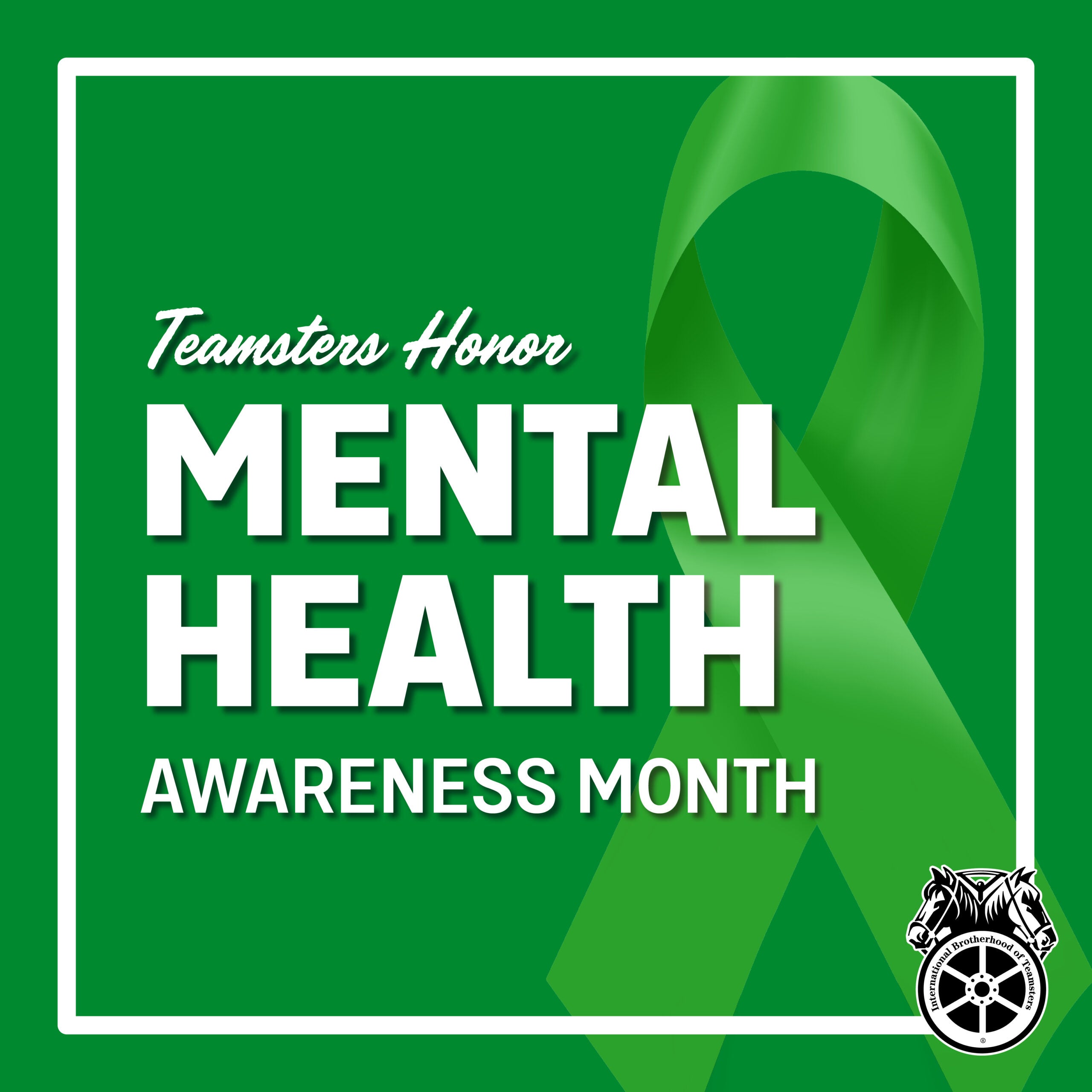
Mr. An, a 74-year-old man from Dong Nai, was recently diagnosed with a long-standing urinary tract infection that failed to respond to antibiotics. Upon further examination, he was found to have a massive coral stone in his left kidney measuring 10×5 cm with a complex structure resembling ginger root. This was the cause of his persistent infection.
Six years ago, Mr. An had a small coral stone in his left kidney but did not seek medical attention for it. He started experiencing fever and chills two months ago and went to the hospital where he was diagnosed with a urinary tract infection. Despite unsuccessful treatment with antibiotics, he was referred to Tam Anh General Hospital in Ho Chi Minh City for further evaluation.
Specialist II Pham Thanh Truc from the Department of Urology at Tam Anh General Hospital explained that Mr. An’s left kidney was completely filled with a large mass of coral stones, posing a risk of kidney infection and other complications due to his underlying health conditions such as stage 3 chronic kidney failure. Traditional open surgery was not an option for him because of his health status, so percutaneous endoscopic nephrolithotomy (PCNL) was recommended as a less invasive and more effective treatment method.
Dr. Truc divided the lithotripsy treatment into two sessions to ensure complete removal of the stones while minimizing the risk of complications through this procedure; the large coral stones were successfully broken down and removed from Mr. An’s kidney, preserving his kidney function and health.
It is essential to note that coral stones can easily recur, so early detection and timely treatment are crucial to prevent further complications. Dr. Truc emphasizes the importance of regular health check-ups and early intervention for urinary tract infections that do not resolve with standard treatment to reduce one’s risk of developing kidney stones and related complications in the future.
To prevent coral stones and other kidney issues, Dr. Truc recommends maintaining good hydration, avoiding certain foods that contribute to stone formation such as red meat, dairy products, processed foods or alcoholic drinks; seeking timely medical attention for any urinary symptoms or infections; engaging in regular exercise like jogging or swimming; consuming foods rich in antioxidants such as blueberries or cranberries; taking supplements like Vitamin C or magnesium which may help dissolve calcium oxalate crystals.
By following these recommendations individuals can reduce their risk of developing kidney stones and related complications while improving overall health and wellbeing






